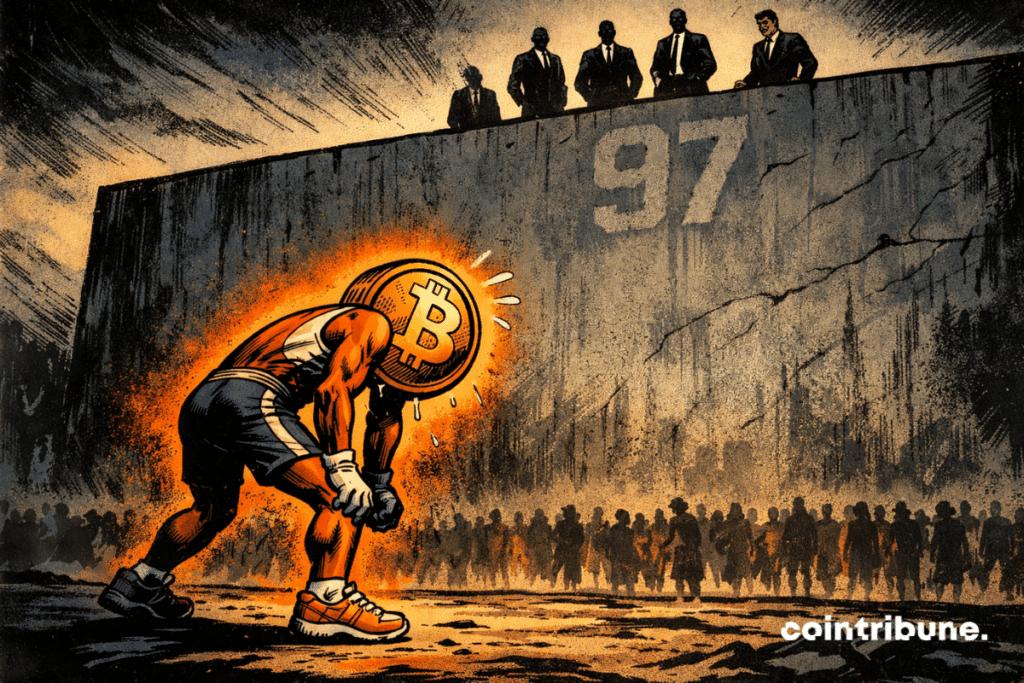S&P Global gives Sky Protocol 'B-' credit rating, citing centralization and liquidity risks
Quick Take S&P Global gave USDS issuer Sky Protocol a “B-” credit rating, based on risks involved with high depositor concentration, centralized governance and others. The ratings agency said an upgrade in ratings is “highly unlikely” for Sky in the next 12 months.

S&P Global has given USDS issuer Sky Protocol a "B-" credit rating. This marks the first time the ratings agency has issued a credit rating for a stablecoin system, according to Sky.
According to S&P's official website, a B rating refers to being more vulnerable to adverse business, financial and economic conditions but currently has the capacity to meet financial obligations.
"The outlook is stable," the report said, nonetheless stating that its ratings on Sky are "constrained by its high concentration of depositors, highly centralized governance, and weak risk-adjusted capitalization."
S&P pointed out that while founder Rune Christensen controls 9% of governance tokens, the protocol sees a low voter turnout that means Christensen has significant power in deciding Sky's future path.
The ratings report also said a small number of large depositors increases the risk of a liquidity run. Its risk-adjusted capital ratio of 0.4% and non-dynamic surplus reserve buffer is a "noteworthy weakness," S&P noted.
Other risks involve exposure to "low-probability, high-severity" cyber risks from using smart contracts to store assets and ongoing uncertainty on future regulatory treatment of decentralized finance.
These risks are only partially offset by Sky's solid track record of minimal credit losses during previous market downturns and modest earnings since 2020. The credit rating also took into account how Sky mitigates cyber risks with robust smart contract audits and bug bounty programs.
Founded in 2017 originally as Maker, Sky issues USDS, currently the fourth largest stablecoin in the world with a market capitalization of $7.9 billion, according to The Block's crypto price page .
S&P stated that in the next 12 months, it could lower its ratings on Sky if it expects the protocol to have insufficient liquidity to support sudden withdrawals or losses on crypto-backed loans exceeding its surplus reserve. It said it could also lower ratings in case of adverse regulatory developments.
"An upgrade is highly unlikely in the next 12 months," S&P noted. Still, it said it could raise Sky's ratings over a longer period if it manages to mitigate risks from centralized governance, risk-adjusted capital ratio and excessive depositor concentration.
The Block has reached out to Sky for comments on the credit rating.
Disclaimer: The content of this article solely reflects the author's opinion and does not represent the platform in any capacity. This article is not intended to serve as a reference for making investment decisions.
You may also like
Factbox-Taiwanese semiconductor manufacturer TSMC's investments in the United States
Bitcoin: The rally is losing steam despite institutional appetite

Japanese yen continues to draw attention as the week comes to a close
Upbit Investment Warning Shakes GoChain (GO): Critical Analysis of Blockchain Project Sustainability
